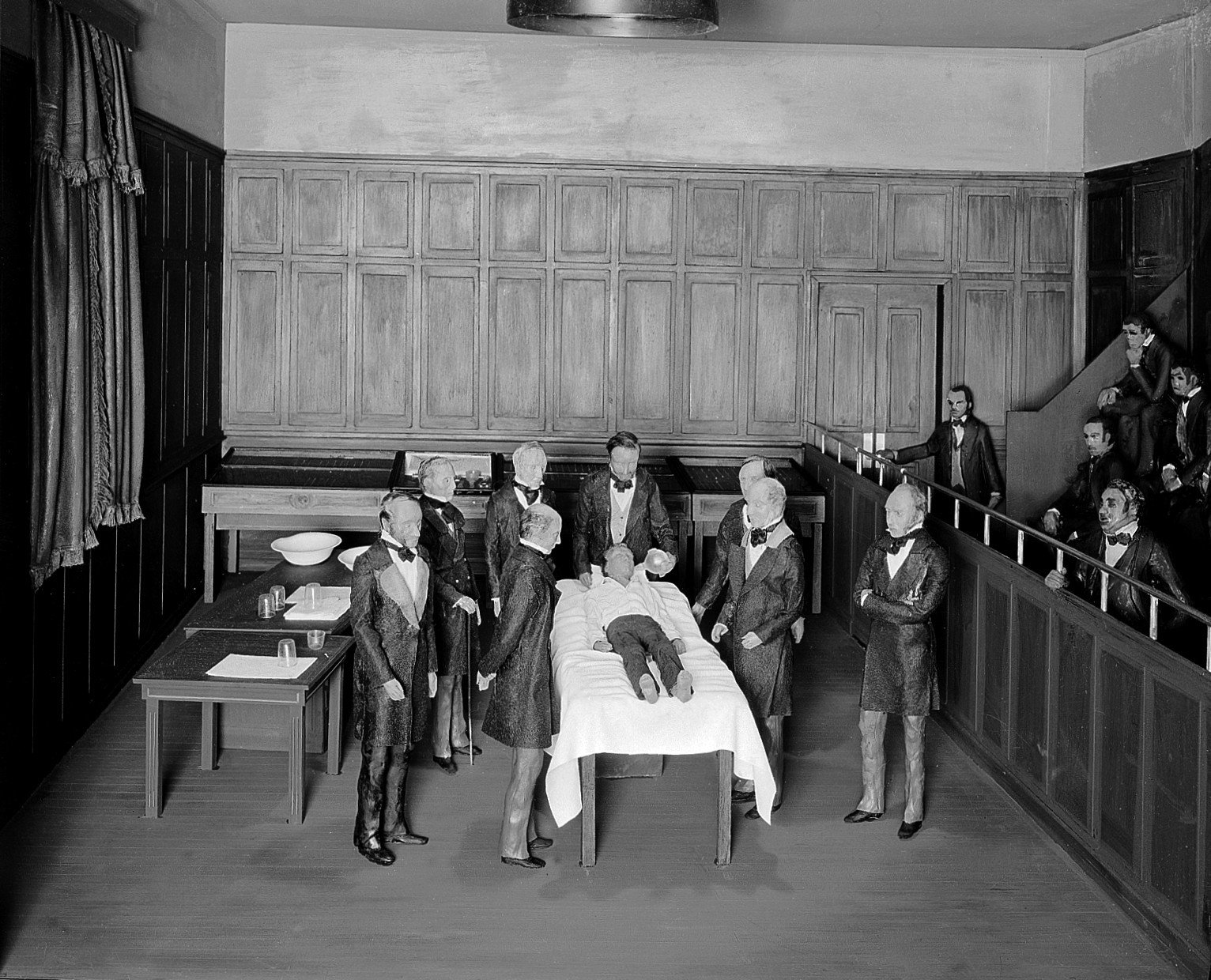Home / Healthcare & Medicine / Healthcare / Study Medicine: Applying for Medical School and Becoming a Medical Student / A Brief History Of Medicine
This article is from the free online
Study Medicine: Applying for Medical School and Becoming a Medical Student


Reach your personal and professional goals
Unlock access to hundreds of expert online courses and degrees from top universities and educators to gain accredited qualifications and professional CV-building certificates.
Join over 18 million learners to launch, switch or build upon your career, all at your own pace, across a wide range of topic areas.








